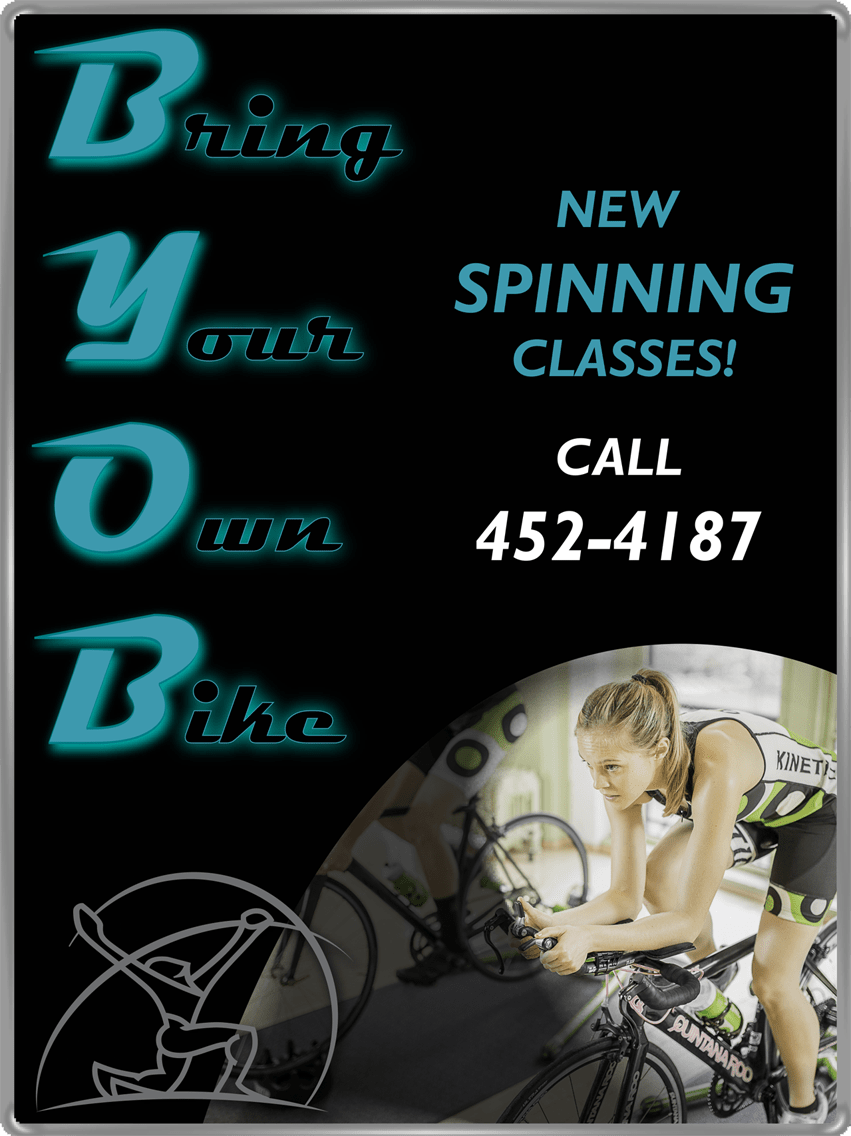FROM THE PROMOPT BLOG

Whenever you are about to engage in any physical activity, there seems to one constant to consider. If you’re about to run a 5k, if you’re getting ready to play in the big game, if you’re preparing for a hike. Hydration. Inspirational performance is accompanied by perspiration. Our muscles produce heat when they contract to move us — just like a motor. In order to keep our bodies performing at a high level, the heat we lose from our bodies (AKA sweat) must be replenished. What, when, and how we add back the fluid is critical to performance.
You might have a preference for one of the “ades” — Gatorade or Powerade. Maybe you just like water. But our body yearns for it when we add physical exertion to our day. Do you remember a time your forgot a water bottle or Gatorade? Surely, you encountered a loss of energy, a parched throat. It isn’t fun.
How about the feeling when you drink some water after a long run. There’s nothing better than feeling the cold liquid bring instant refreshment.
Body Water
When you work or train hard, you sweat. We are all made of 70% water. Water is a vital component of who we are and how we function with our minds, muscles, and organs.
Look closer next time you see an athlete in action, the sweat pouring out is a sign of exertion and it’s the body’s cooling mechanism. The contact of the sweat with the air allows the sweat to evaporate. This cools the skin and the blood, which is flowing close to the skin’s surface. The cooled blood then moves inward cooling the core. If the body cannot evaporate the sweat effectively, or if the fluid loss is too great, then dehydration can occur.
Even though hydration is important and we all recognize its usefulness during activity, it is striking how often we go into a game dehydrated. In fact, a recent study at Indiana State University showed that 80% of their college football players, and 50% of NFL players go into competition dehydrated. Such occurrences can lead to loss of performance and cramps.
Want a good example? Lebron James cramped up in game 1 of the 2014 NBA finals. In a game Miami lost, dehydration kept their star player out of the lineup.
The loss of water from sweat, even as little as 2% of bodyweight can lead to impaired performance, cramps, and impaired cognition. Even worse, excessive sweat loss can lead to increased core temperature. This could lead to heat exhaustion and heat stroke. Every year we read about a young athlete dying because fluid intake was inadequate. All of theses outcomes are preventable with a good hydration plan.
Another part to consider is that people sweat at different rates. Seattle Sounders forward Chad Barrett has one of the highest sweat outputs ever measured. To combat this, he drinks pickle juice before every game to keep hydrated! We all sweat in different ways and we all can replenish liquid in different ways.
Stay in the Game
Athletes need to stay in the game and dehydration should never be the issue behind decreased performance. It is important to encourage your athletes to drink fluids. Sports drinks are typically the best defense against dehydration because they mix fluid, carbohydrates, and electrolytes.
Even more, athletes need to be keeping up fluid intake before, during, and after competition. Gatorade has latched on to this concept, offering drink options for each stage. The NATA (National Trainer’s Association) and the American College of Sports Medicine have made the following recommendations:
“To ensure proper pre-exercise hydration, the athlete shouldconsume approximately 500 to 600 mL (17 to 20 fl oz) ofwater or a sports drink 2 to 3 hours before exercise and 200to 300 mL (7 to 10 fl oz) of water or a sports drink 10 to20 minutes before exercise.
Fluid replacement should approximate sweat and urine losses and at least maintain hydration at less than 2% body weight reduction. This generally requires 200 to 300 mL (7to 10 fl oz) every 10 to 20 minutes.
Post-exercise hydration should aim to correct any fluid loss accumulated during the practice or event. Ideally completed within 2 hours, rehydration should contain water to restore hydration status, carbohydrates to replenish glycogen stores, and electrolytes to speed rehydration
If exercise is intense, then consuming CHOs about 30 minutes pre-exercise may also be beneficial. Include CHOs in the rehydration beverage during exercise if the session lasts longer than 45 to 50 minutes or is intense. An ingestion rate of about 1 g/min (0.04 oz/min) maintains optimal carbohydrate metabolism: for example, 1 L of a 6% CHO drink per hour of exercise. CHO concentrations greater than 8% increase the rate of CHO delivery to the body but compromise the rate of fluid emptying from the stomach and absorbed from the intestine.”
Fluid is critical to performance. Fluid is important no matter the physical exertion. So instead of checking to see if you remembered your water bottle, consider breaking down your fluid intake into pre-, during, and post-event segments. Hydrate now. Hydrate later. It is important.
Be Strong. Be Connected. Be Moved.







